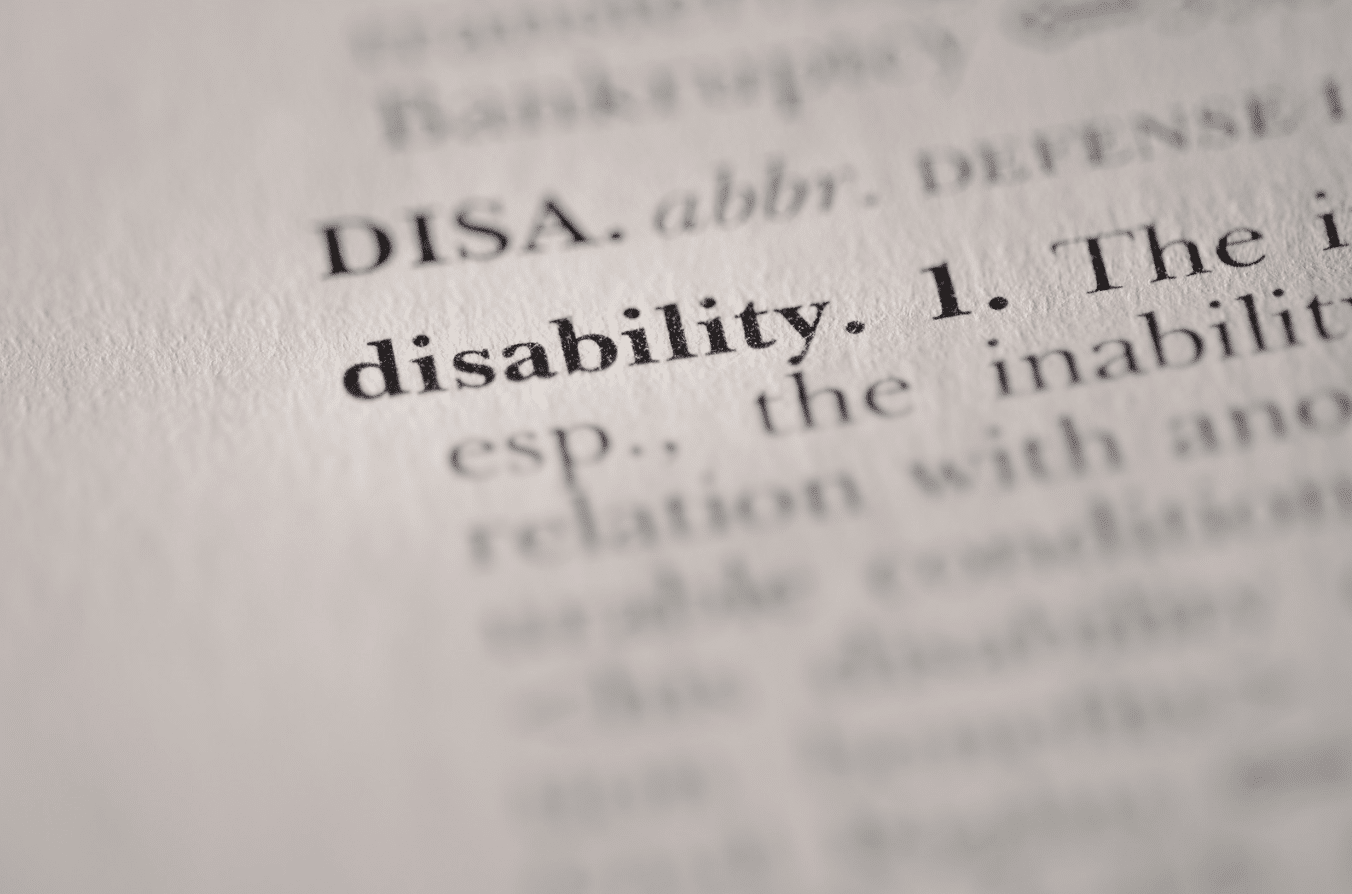Will I Have to Pay Back My Long-Term Disability?
When you suffer an injury or other disability, you may have different types of benefits available. For example, if you’re injured on the job, you may receive workers’ compensation benefits. And, if you have coverage through your employer or a policy you purchased yourself, you may also have long-term disability (LTD) benefits. And, if your condition persists, you may qualify for Social Security disability benefits (SSDI).
SSDI benefits typically are not affected by long-term disability that you receive through your employer or through a private policy you purchased. However, your LTD policy will usually contain language that says your benefits will be reduced if you’re receiving certain other types of compensation, including SSDI benefits. If benefits aren’t carefully coordinated–and sometimes even when they are–receiving SSDI will result in an overpayment of LTD benefits. When that happens, the LTD carrier will be looking to get those extra payments back.
How Does LTD/SSDI Offset Work?
Long-term disability benefits are typically reduced by the amount of SSDI the beneficiary receives. For example, if the disabled person was entitled to $2,500/month in long-term disability benefits and received $1,000/month in SSDI, that $1,000 would be subtracted from the long-term disability benefits. The recipient would still get $2,500/month, but it would be $1,000 from Social Security and $1,500 from the LTD carrier.
If you receive both LTD and SSDI and you don’t report your SSDI income to the LTD carrier, you could end up with an overpayment that must be repaid. More commonly, though, the overpayment results from the difference in approval times for LTD and SSDI.
Both the waiting period and the typical processing time for LTD may be significantly shorter than those for SSDI. For example, if you apply for SSDI and LTD at the same time, you could start receiving LTD payments within two to three months. It may take a little longer than your carrier, but it will rarely take as long as SSDI.
SSDI approval typically takes several months, even if you are approved at the initial application stage. And, most people aren’t approved at the initial application stage. Depending on where you are in the country and how far you have to go in the Social Security disability appeals process, it could be two years or more before you receive benefits.
But, when you finally receive benefits, you’ll receive a lump sum payment covering all of the months back to when you first became eligible. That often means you’ve received both LTD and SSDI benefits for the same months, resulting in an overpayment–sometimes a large one. So, it’s important to notify your LTD carrier right away if you’re approved for SSDI and find out whether you have been overpaid and owe them a refund of some of those funds.
Coordination of Disability Benefits Can Be Complicated
The differing waiting periods, backdated payments, and other elements of the disability benefits process can be confusing. If you’re applying for SSDI and are receiving LTD benefits, your Social Security disability benefits advocate can help you understand how the two benefits work together to avoid unpleasant surprises. To learn more about our services, contact us here or call (800) 800-3332 right now.







